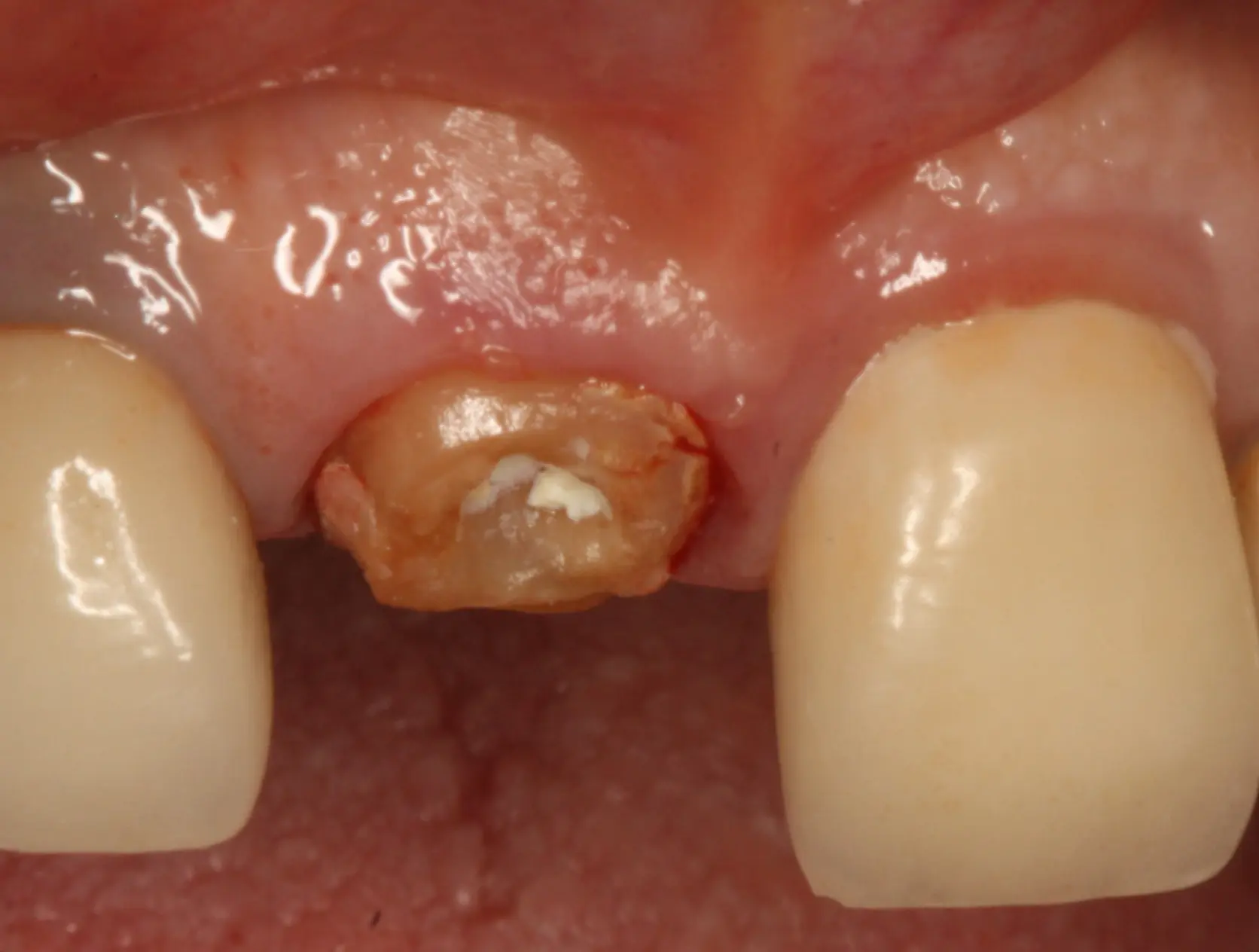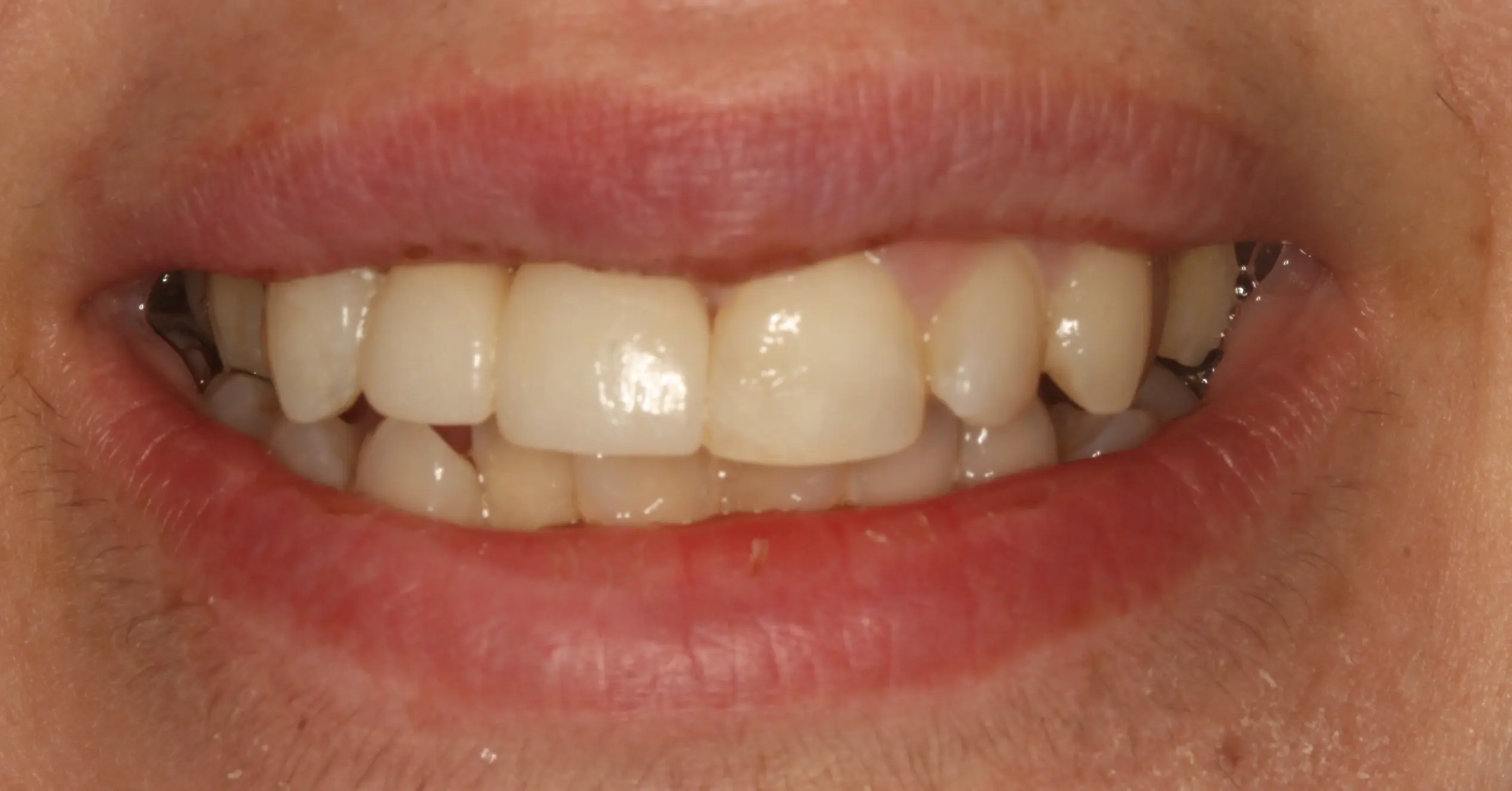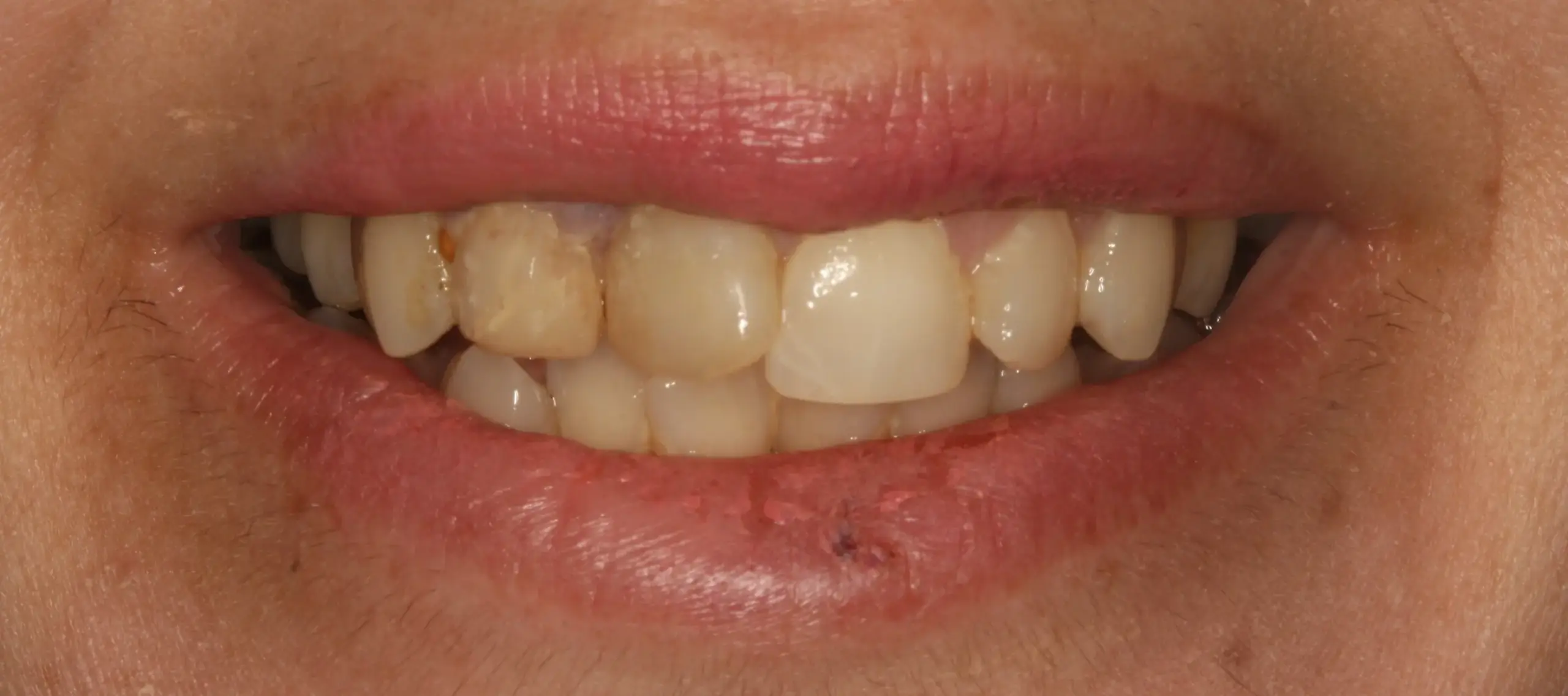Dental implants are artificial tooth roots made of biocompatible materials, typically titanium, that are surgically placed into the jawbone beneath the gums. These implants provide a sturdy foundation for replacement teeth, which can be individual crowns, bridges, or even dentures. Dental implants are used to replace missing teeth and restore both the function and aesthetics of the smile.
Crown Lengthening is often performed to restore teeth with insufficient crown length for effective attachment of dental crowns, fillings, or other restorations. This ensures the stability and functionality of the restoration.
Dental implants provide exceptional stability and functionality, allowing you to eat, speak, and engage in daily activities with confidence.
Unlike traditional bridges, dental implants do not require the alteration of adjacent healthy teeth, preserving their natural structure.
Implants stimulate bone growth, preventing bone loss and maintaining facial structure.
With proper care, dental implants can last a lifetime, offering a cost-effective solution in the long run.
Dental implants eliminate discomfort associated with removable appliances and boost self-esteem through a natural-looking smile.





We will be as gentle as possible. The periodontal exam can be completed with little or no discomfort.
We will need current periodontal x-rays in order to see disease not otherwise visible. If your referring dentist has taken x-rays, you may request that they be forwarded to us.
Since all patients are different, your periodontist must complete your examination before establishing your treatment planning and the fee for care. The fee for periodontal treatment can vary considerably depending on the type of problems and the complexity and length of treatment. An approximate fee can usually be determined at the initial visit; but on occasion, some initial treatment or further diagnostics must be completed before the final treatment planning can be established. Our philosophy of practice is to treat as conservatively as possible to attain treatment goals.
Dental insurance policies often cover periodontal treatment. Please bring all medical and dental benefit information and cards to your examination appointment.
Not everyone needs periodontal surgery. If treated early, gum disease can be controlled without surgery. We will make recommendations based on your individual situation. Our philosophy of practice is to treat as conservatively as possible to attain treatment goals.
The recent advances in periodontal treatment allow us to successfully treat most teeth.
Our office and your dentist will work closely together. If crowns and fillings are needed your dentist will provide them. Regular visits to your dentist are an important part of periodontal maintenance.
Periodontal disease is a progressive, painless infection. Delay can cause you further bone loss and more expense. If your teeth are lost, dentures are never as effective as your own natural teeth.
After tooth extraction, if the walls of the socket are very thick, they will usually fill naturally with bone in two to three months. However, when the walls of your socket are very thin (such as in your upper and lower front teeth), this type of healing will not be as predictable. In these situations, a bone graft is often placed at the time of tooth extraction to help your body fill in the empty socket with bone. This step will maintain the width and volume of bone you will need for implant placement several months later.
Friday
08:00 AM – 13:00 PM
15:00 PM – 19:00 PM
Saturday – Sunday
Closed
Developed by AllX Media